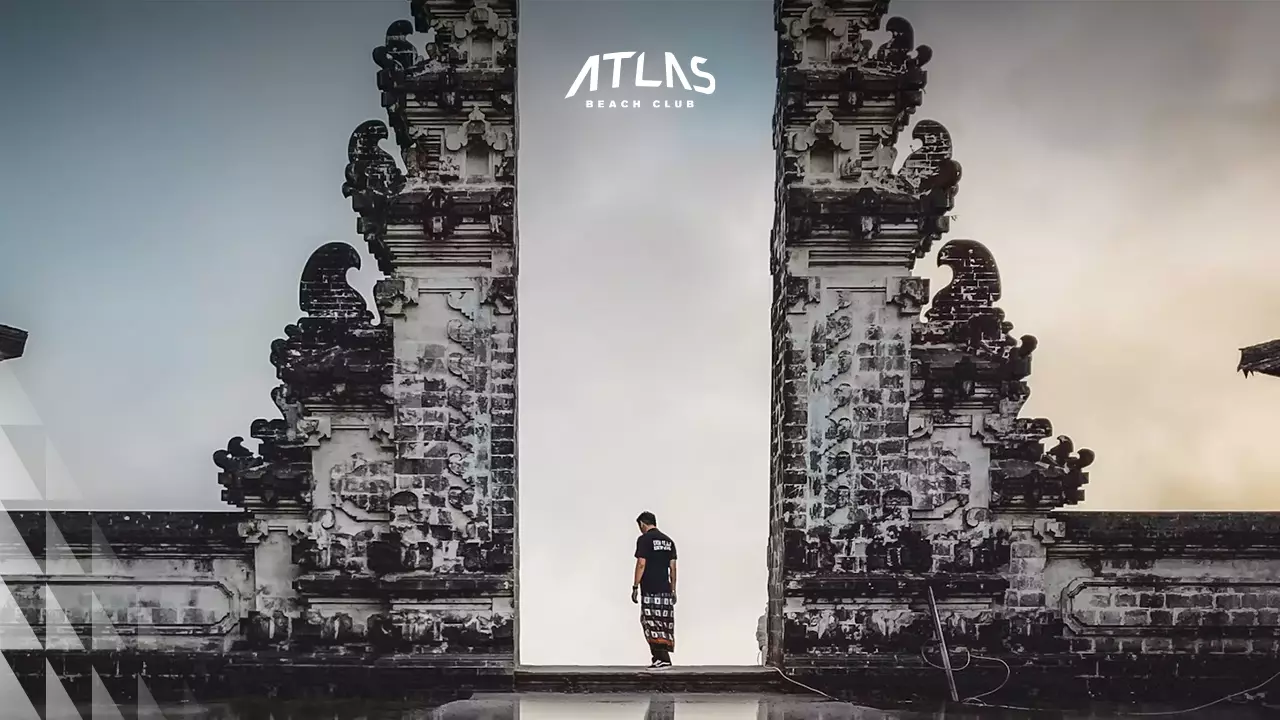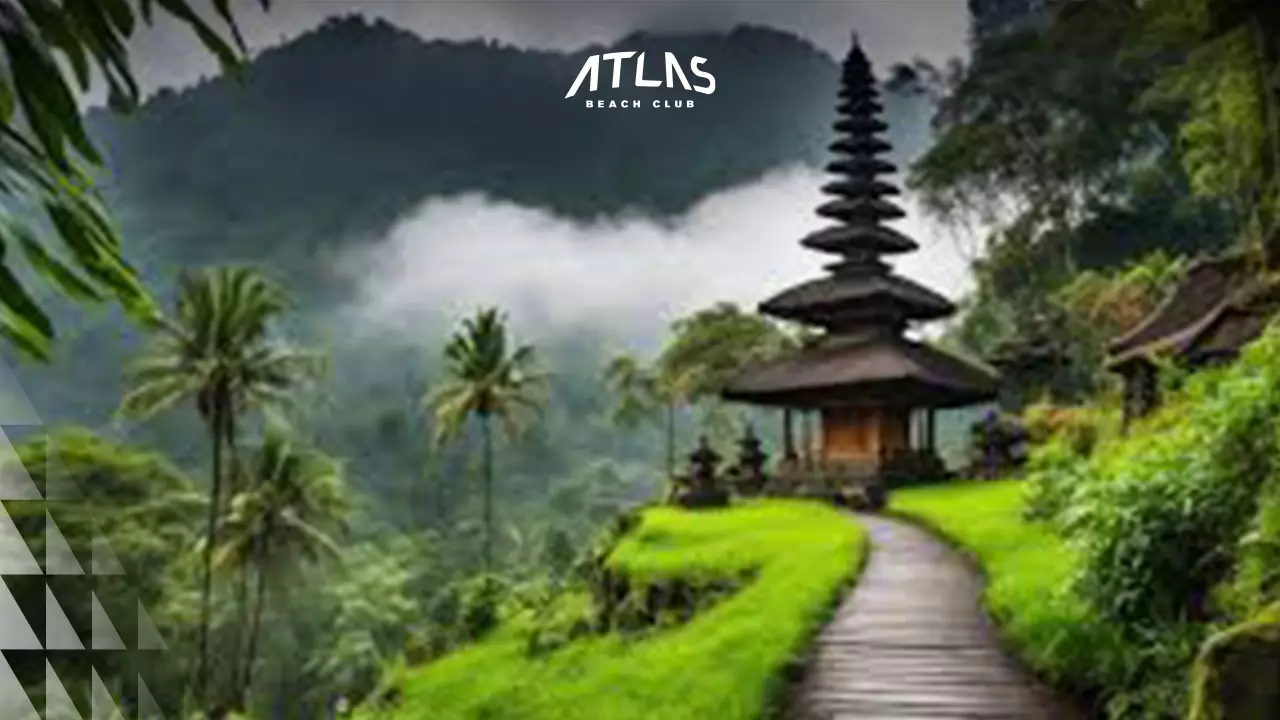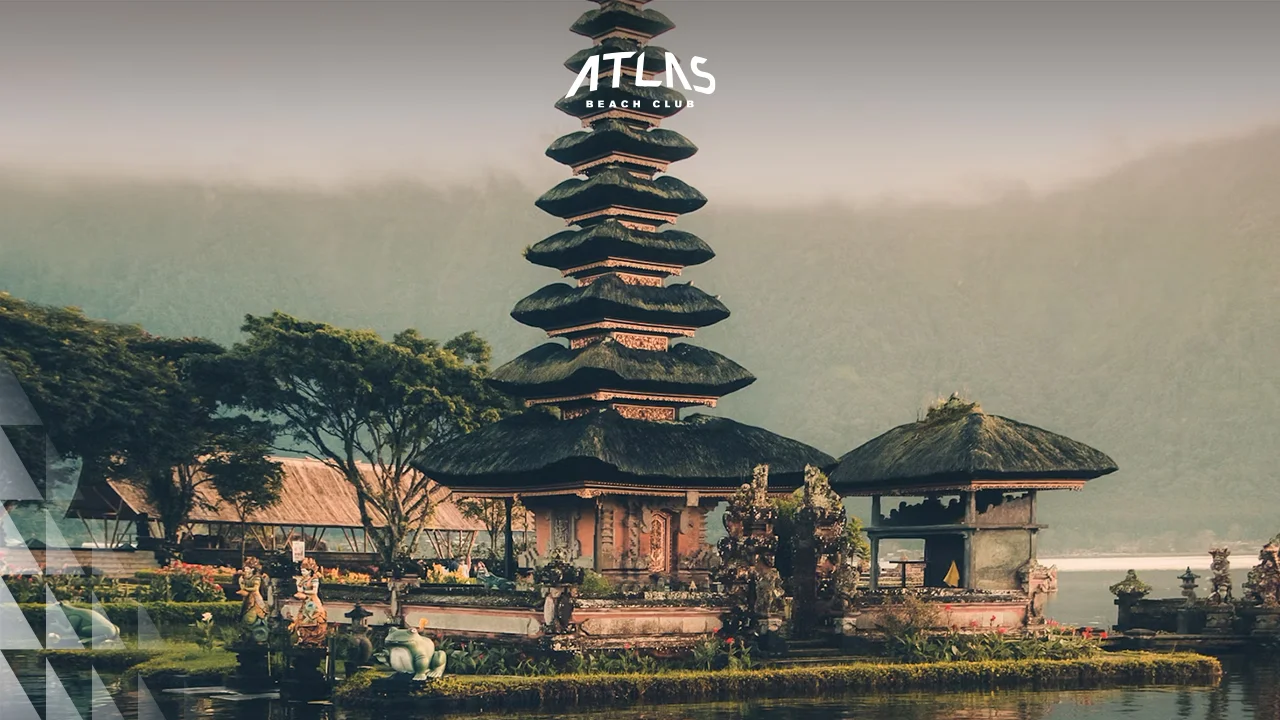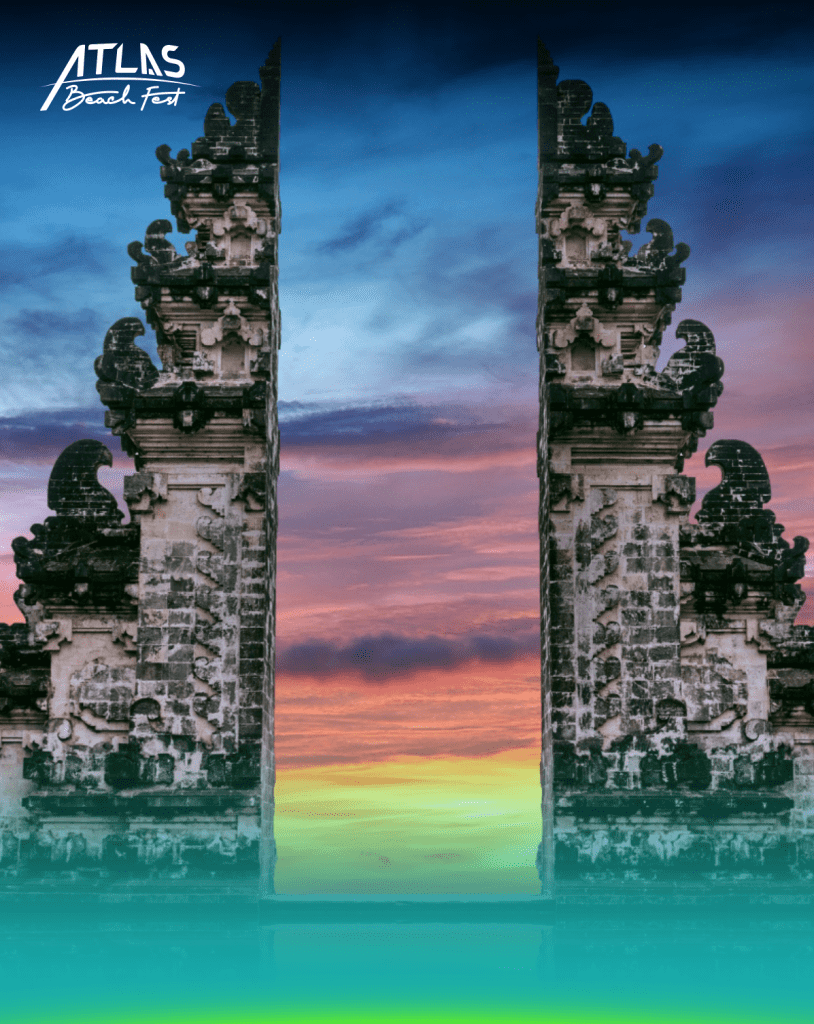
Everything You Need to Know about Bali Indonesia
Bali IndonesiaAlso known as the Land of the Gods and Island of a Thousand Temples. Bali, Indonesia, fascinates the culture passed down from its ancestors with its dramatic dances, traditional music th

Everything You Need to Know about Bali Indonesia
Bali Indonesia
Also known as the Land of the Gods and Island of a Thousand Temples. Bali, Indonesia, fascinates the culture passed down from its ancestors with its dramatic dances, traditional music that hypnotizes the mind, ceremonies that are full of meaning and sacred, arts and crafts, to its luxurious hotels and resorts. In Bali, you will find intricately thousand-carved temples.
Bali also attracts the eyes of both foreign and Indonesian tourists through its natural beauty, beaches, and lush terraced rice fields that exude peace and serenity to places that offer endless nightlife.
Bali Culture
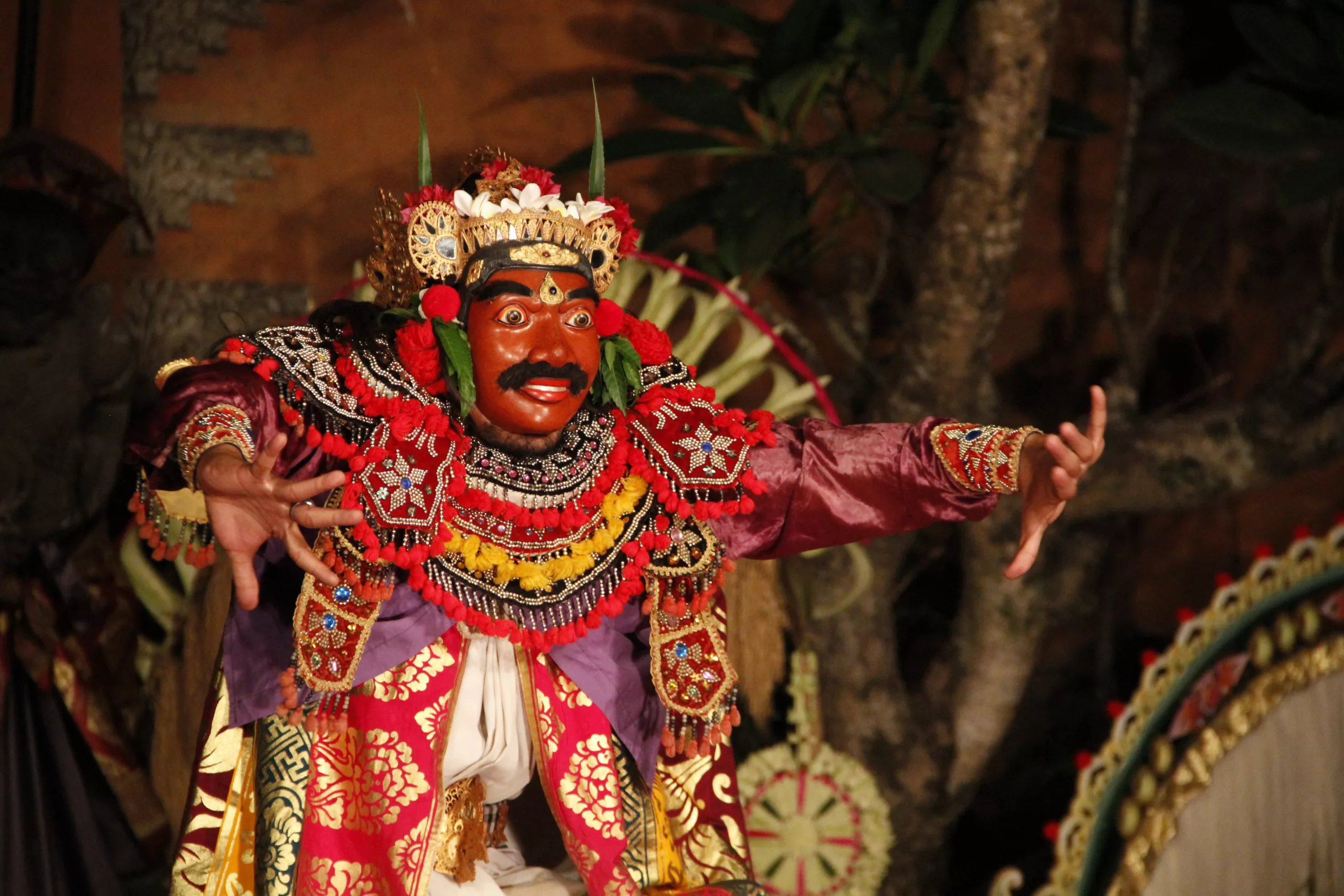
The Balinese follow a form of Hinduism known as the Hindu Dharma religion. Balinese cultural and religious traditions influence nearly every aspect of island life, making people visit Bali to see and experience it. An essential belief in Balinese Hinduism is that the natural elements are influenced by spirits.
In Bali, there are thousands of places of worship for Hindus called "Pura," or temples. The various Balinese temples are organized according to the physical and spiritual nature of Balinese Hinduism - from the Pura Tirta "water temple" for purification rituals to the seaside Pura Segara "temple" to appease the Gods and Sea Gods. There are also village and family temples in Bali which are an essential part of Balinese culture and traditions as they provide a place where people gather and enjoy festivals.
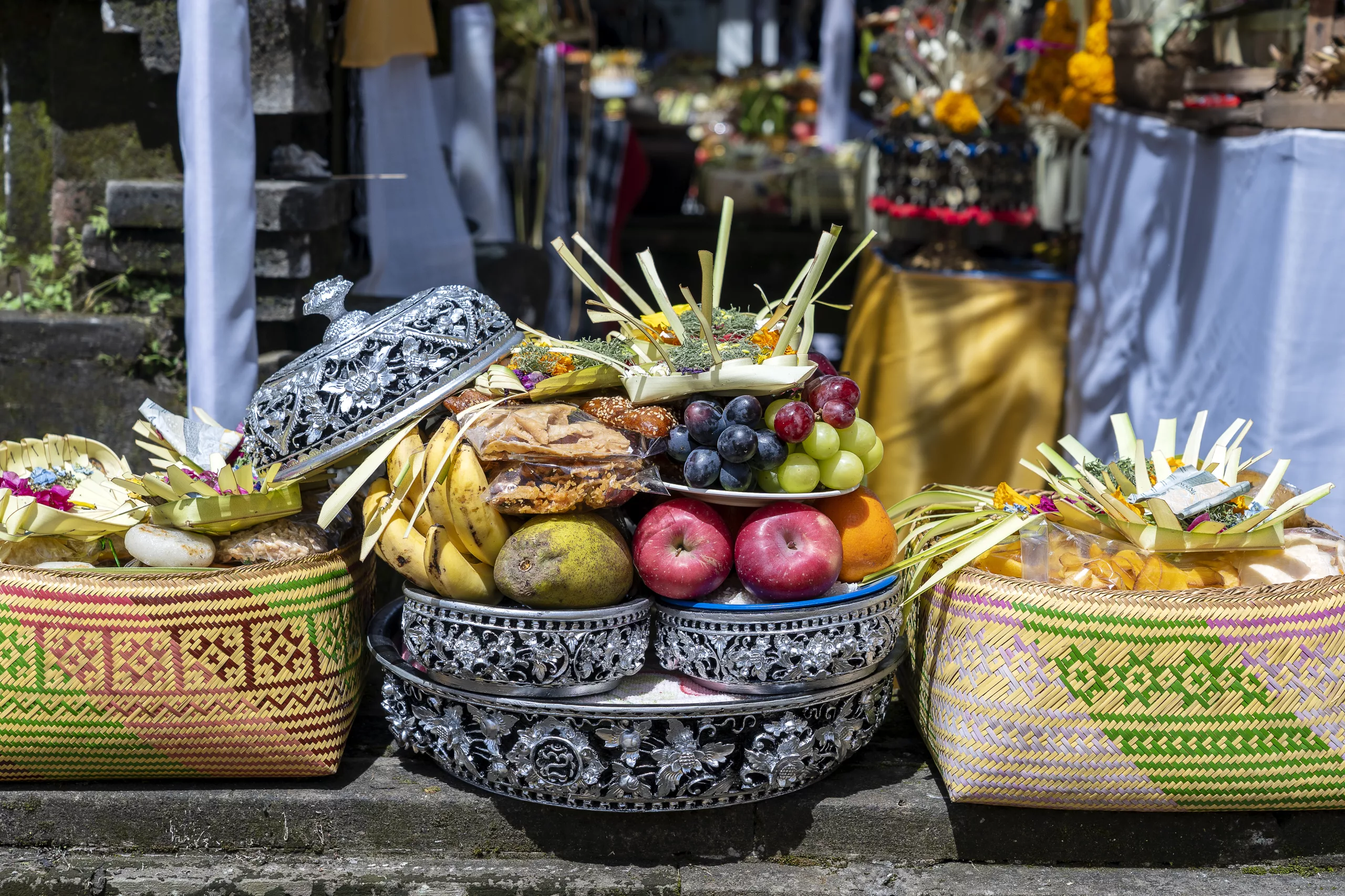
A deep understanding of Balinese culture and traditions requires understanding the Tri Hita Karana "Three Causes of Goodness" philosophy, which is the origin of the Balinese belief system. The focus is on maintaining a harmonious relationship with God, humans, and nature. Once recognized, it becomes easily recognized in the Balinese way of life, architecture, agriculture, and traditions. It is believed that the correct life wisdom of these elements leads to prosperity and harmony.
Every major event in human life is followed by a particular ceremony; for example, Balinese ceremonies are for birth, puberty, adulthood, marriage, or death. Then there are ceremonies on significant days in the Balinese calendar, such as Silent Day, Galungan, and Kuningan, or ceremonies related to natural phenomena (such as Purnama, which means the full moon).
Sacrifices (offerings) consist of agricultural products and are offered daily to these spirits. They are believed to maintain peace and balance on Earth. These offerings mean so much more to locals than the colorful hand-woven boxes and the understanding that, as a tourist, they can be powerful. Temples and rituals are why Balinese culture is as remarkable today as it was a thousand years ago. As the only Hindu-majority island in the Indonesian archipelago, it has unique offerings for visitors.
Bali Indonesia Weather
The weather in Bali tends to be warm all year round. This is because the location of Bali Island is in the Southeast Asia region. Bali's climate is generally divided into dry and rainy seasons.
The Dry season in Bali, Indonesia
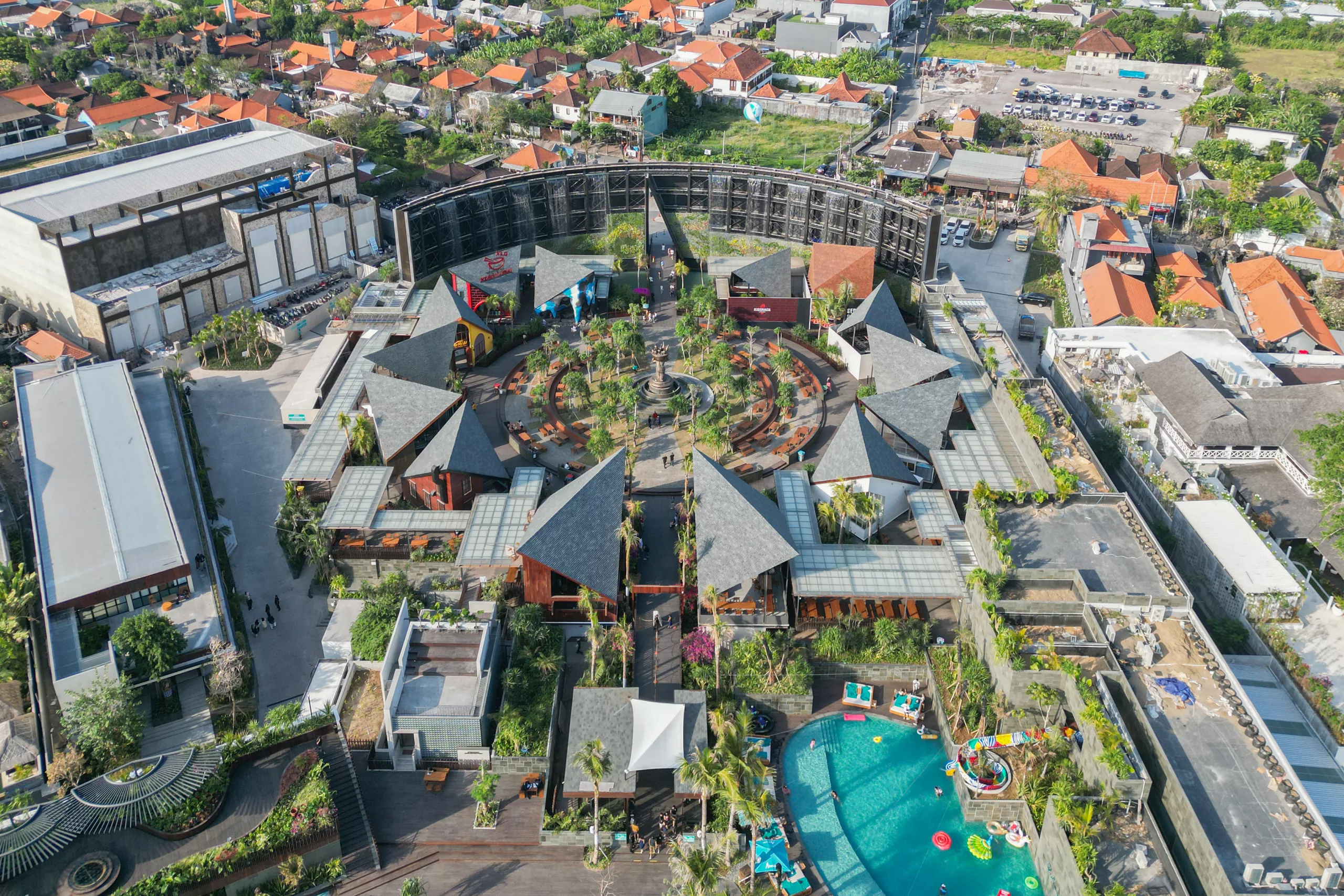
From April to October
Less rain - cooler breezes
Bali receives the most visitors in July and August. Temperatures are relatively stable throughout the year, but nights can be pleasantly cool during the dry season. During Bali's dry season, beaches are generally clean, Bali shows its best side, and it's the best time for you to come to the beach clubs or some beaches. However, occasional showers can still be expected; sometimes, even locals are surprised by how dry a week can be during the wet season and vice versa.
If you can choose, avoiding the rainy months is best to minimize the risk of bad weather. But you can have wonderful sunny days all year round.
For the best experience at Atlas Beach Fest, we recommend you to book a daybed or sofa, you can click this link to visit the website and secure your spot https://reservation.news.atlasbeachfest.com/
The Rainy Season in Bali, Indonesia
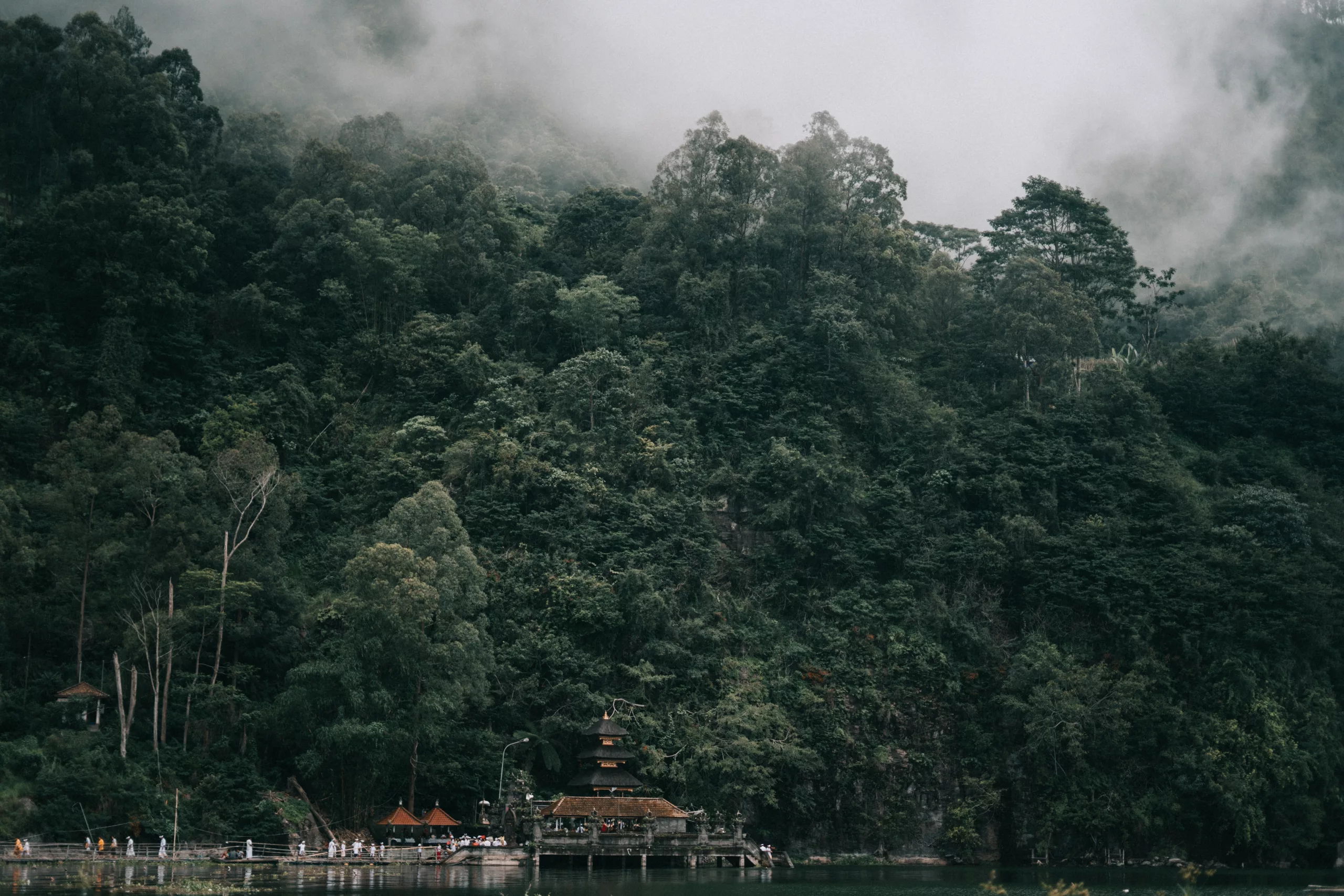
From November to March
More rain - Generally warmer
Bali is quieter during the rainy season. The sea is rougher, and the beaches and the sea to the south (Kuta, Legian, Seminyak) can be pretty dirty due to the debris that washed up on the coast in January and February. It only sometimes happens, and it's gotten better in recent years. Still, it can happen and depends on wind and current conditions. During the rainy season, winds are most potent on the coast, water currents increase, and rain can fall from the sky. However, the rain usually stops after a few hours before the sun shines again.
It often rains at night, and the days are beautiful. It's infrequent that you have a few days where it rains continuously. The weather has changed lately, and November can be as dry as August. It has become much more unpredictable.
The Arts and Crafts
Bali has a lot of unique things for tourists to enjoy besides beautiful beachfront hotels, nightclubs, and relaxing holidays. Bali is very famous for its artistic and creative products. Many Balinese artists are creating a religious theme craft to decorate hundreds of temples and statues of deities on the island. Still, the artistic Balinese have adapted their crafts to meet today's needs and commercial purposes, such as paintings and accessories to Balinese clothing.
Bali Wood Carving
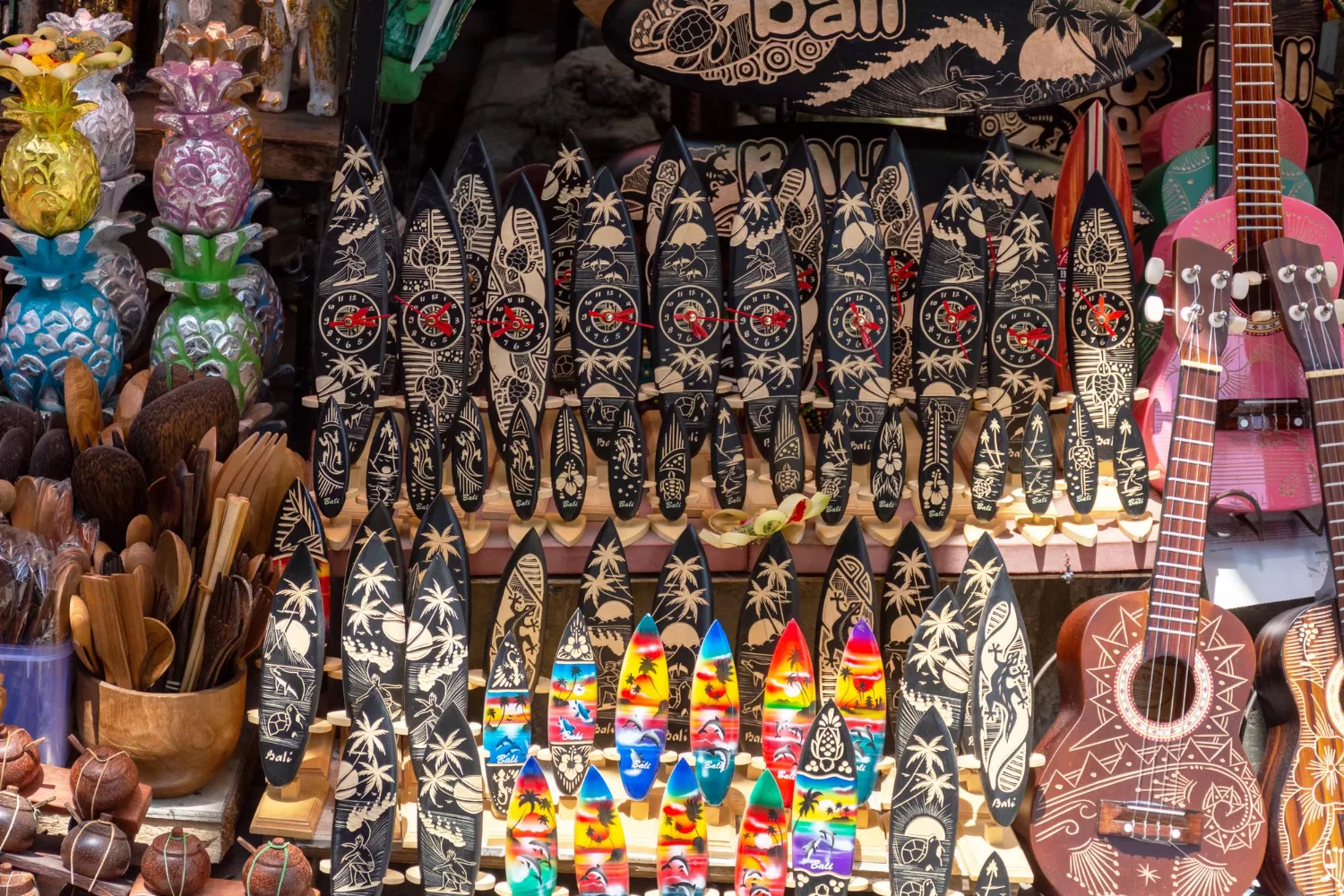
Wood carving is Indonesia's most enduring and widespread form of artistic expression. Each culture has its own style, and the diversity and sophistication of Indonesian carvers are remarkable. In Indonesia, a house protects its occupants from the elements and wards off unwanted spirits. Examples are the horned heads of Singa (lion) guarding Batak houses, the depictions of water buffaloes on Toraja houses signifying prosperity, or the snakes and magical dog carvings on Dayak houses in Kalimantan.
Bali Paintings
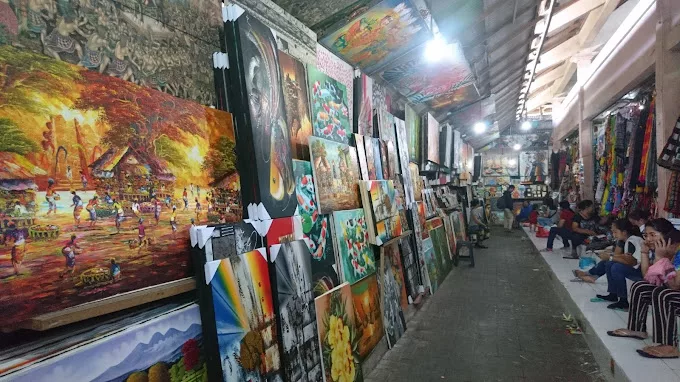
Painting is famous in Indonesia as an accompaniment to other art forms. For example, wood carvings, masks, and pottery are often painted, as are religious objects such as calendars or painted religious designs. A custom painting on canvas, an art form, is a modern Western concept. The temple and other paintings exist in Java. Still, after converting to Islam, Bali became the center of painting in Indonesia. Traditional wayang stories were morality tales or narrated the deeds of the gods.
They were mainly wall paintings or decorative tapestries for temples and palaces. Balinese painting was transformed in the 1930s by Western artists such as Walter Spies and Rudolf Bonnet, who came to live and work to depict scenes of everyday life rather than religious narratives. Market scenes have replaced the fairy tales of Hindu epics such as the Ramayana. Further transformations took place with the naïve "young artist" style that developed in the 1950s. Balinese painting continues to evolve, with many well-known modern artists producing innovative work.
Bali Textiles
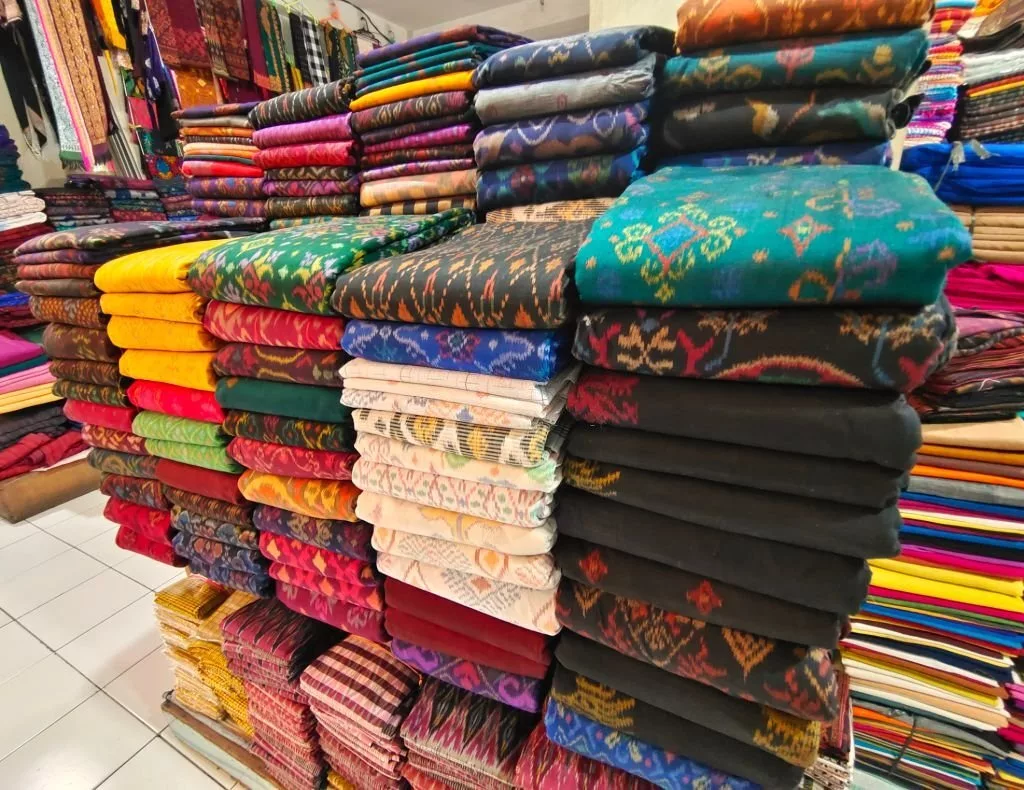
Indonesian fabrics come in various materials, techniques, colors, and patterns. There are basically three significant groups of fabrics. First, ikat, the Indonesian word ikat, meaning "to bind" or "to bind," is used as a name for an intricately patterned fabric whose threads are dyed in a painstaking and elaborate process before being woven together. The ikat cloth is produced in many areas of the archipelago, from Sumatra to Maluku. Still, Nusa Tenggara is where this ancient art form thrives the most. Secondly, Songket, Songket is a silk fabric with gold or silver threads interwoven. However, silver or gold imitations are often used today.
Songket is most common in West Sumatra but can also be seen in parts of Kalimantan and Bali. Gold thread is also used for embroidery in the more Islamic regions of Indonesia. Third, tie-dye development in Indonesia is generally associated with flourishing creative arts around turntables. The rise of Islam in Java contributed to the stylization of batik patterns and the absence of depictions of living beings in most designs. More recently, batik has evolved from an art primarily associated with royal courts into a significant industry with several well-known manufacturing centers.
Latest News
You Might Also Like
Where To Find The Best Beaches in September 2024: Ultimate Guides
Finding the best beaches in September 2024? Plan your perfect beach getaway from Bali's vibrant cult...
Top 3 Bali Pre-Wedding Photography Location!
Having beautiful and memorable pre wedding pictures can be one of many things that a couple dreams...
Surfing to Sunsets: Must-Try Experiences in Canggu Beach
Whether you're a thrill-seeking surfer, a beach lover searching for tranquility, or an adventurer cr...
7 Bali's Top Beach Clubs - Daytime Delights to Night Glams
The best beach clubs in Bali are where daytime delights and nighttime glamour blend seamlessly. Thes...
